News
Launched in 1999 and updated regularly, Statewatch News includes our own reporting and writing as well as articles, announcements, documents and analyses from elsewhere on civil liberties, EU policies and state practices. You can receive updates in your inbox by signing up to our mailing list, or use our RSS feed to get instant alerts.
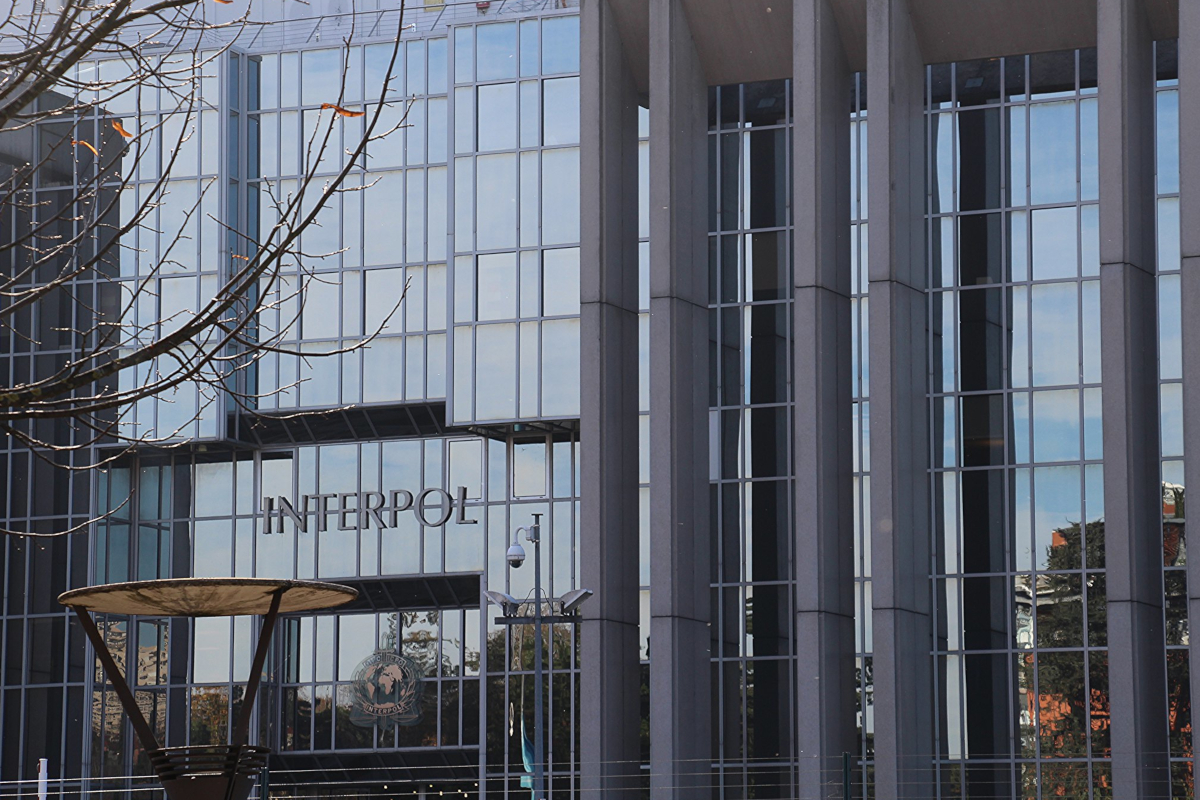
Interpol must halt Turkey's use of databases to pursue dissidents
Interpol must do more to prevent the Turkish government misusing its databases to target political dissidents abroad, says an open letter to the organisation's secretary-general signed by more than 25 individuals and organisations, including Statewatch. The letter calls for Turkey to be suspended from using Interpol databases - in particular, the Stolen and Lost Travel Documents (SLTD) system - until the problem is dealt with.
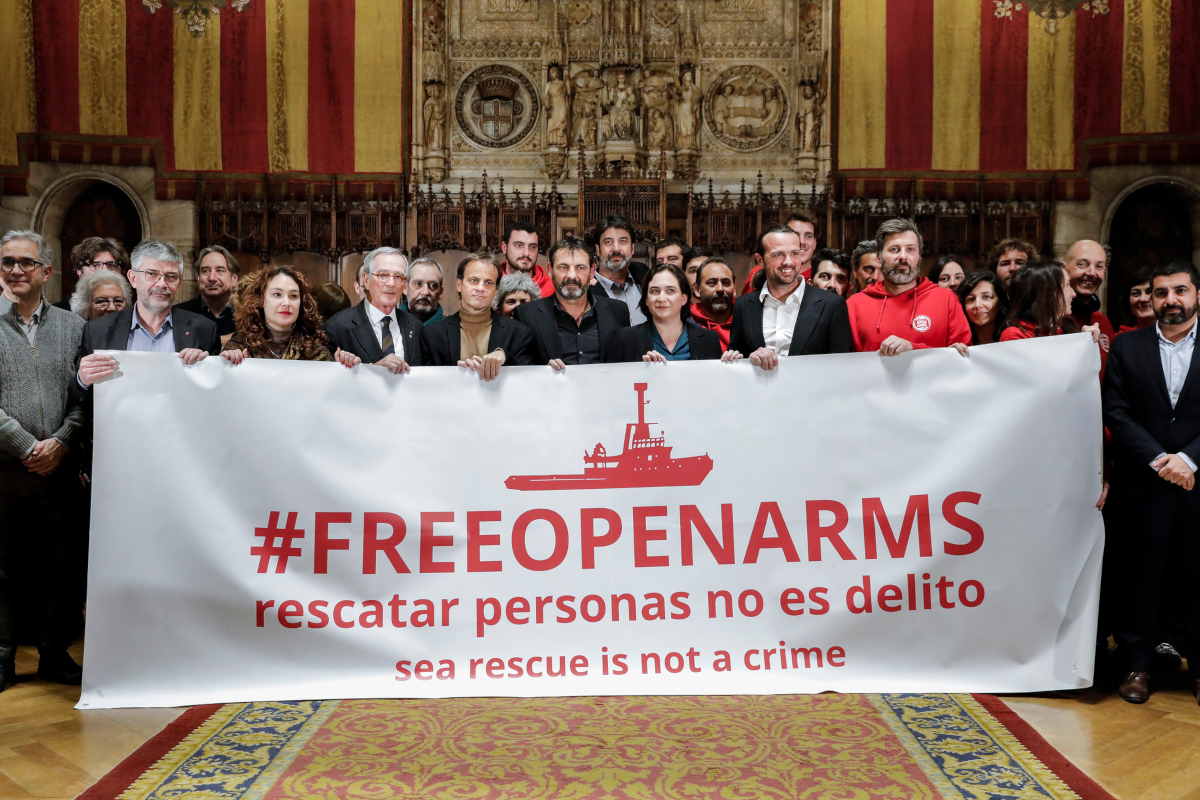
European Commission wants common rules on "registration and certification" for Mediterranean search and rescue organisations
A "Draft Roadmap towards a 'European Framework for Operational Cooperation on Search and Rescue in the Mediterranean Sea'," obtained by Statewatch and published here, indicates that the European Commission is aiming for "standardisation/convergence of registration and certification rules on private vessels carrying out SAR [search and rescue] as their predominant activity." This could be used to hinder the activities of search and rescue organisations.

European Commission: "the content is the crime," so let's break encryption
The EU's proposed Child Sexual Abuse Material (CSAM) Regulation is perfectly legal, the European Commission has argued, in response to the Council Legal Service's arguments that the "detection orders" set out in the proposal would be illegal.

Frontex takes the lead on deportations
EU border agency Frontex has recently sought to take on a more prominent role in deportations, and has been testing the possibility of organising the "initiative, destination, date," amongst other tasks - roles previously reserved for national authorities.

EU rules allowing "exceptional" use of spyware against journalists need "fine-tuning"
Agreement within the Council on the European Media Freedom Act (EMFA) is "very close", according to a recent document circulated by the Swedish Presidency - but provisions on the "exceptional" use of spyware against journalists are still the subject of discussions.
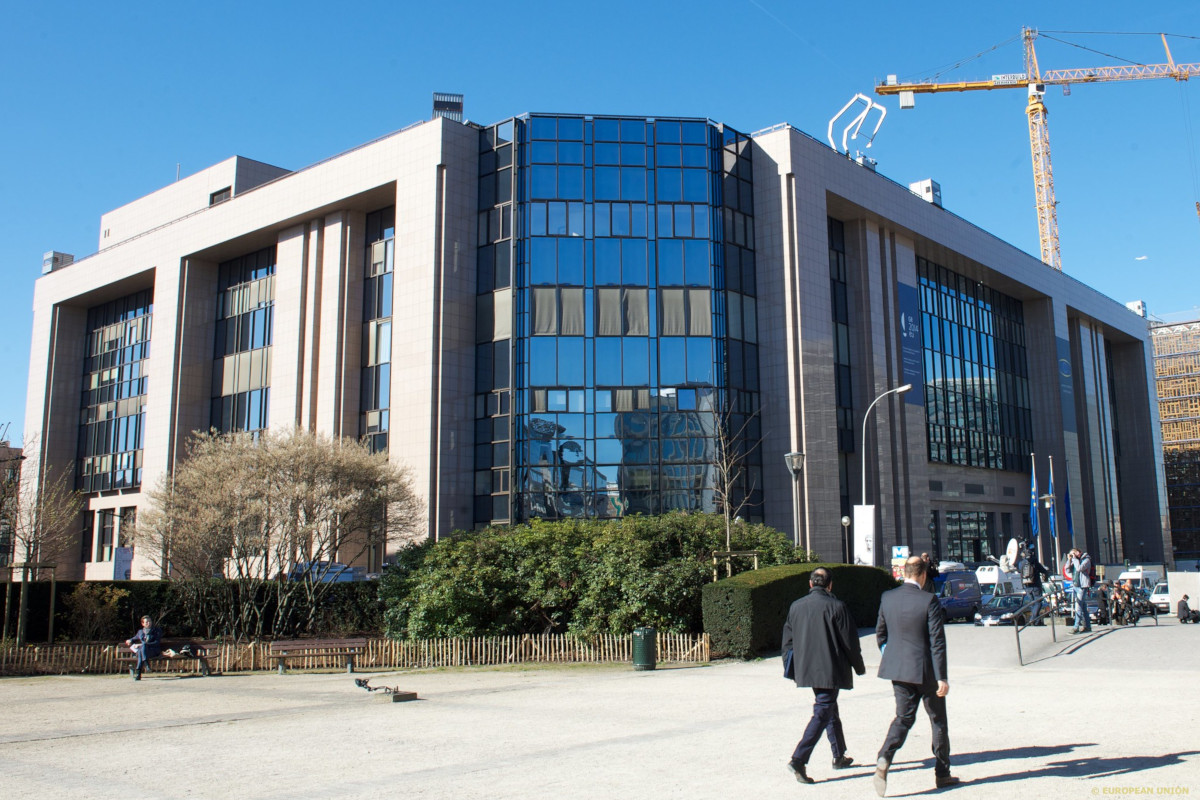
EU: Tracking the Pact: Compromise texts, member state comments, "balance between solidarity and responsibility"
Council documents detailing the state of play with the Asylum Procedure Regulation (including comments from the member states), the Asylum and Migration Management Regulation, and a Presidency discussion paper on the "balance between solidarity and responsibility".
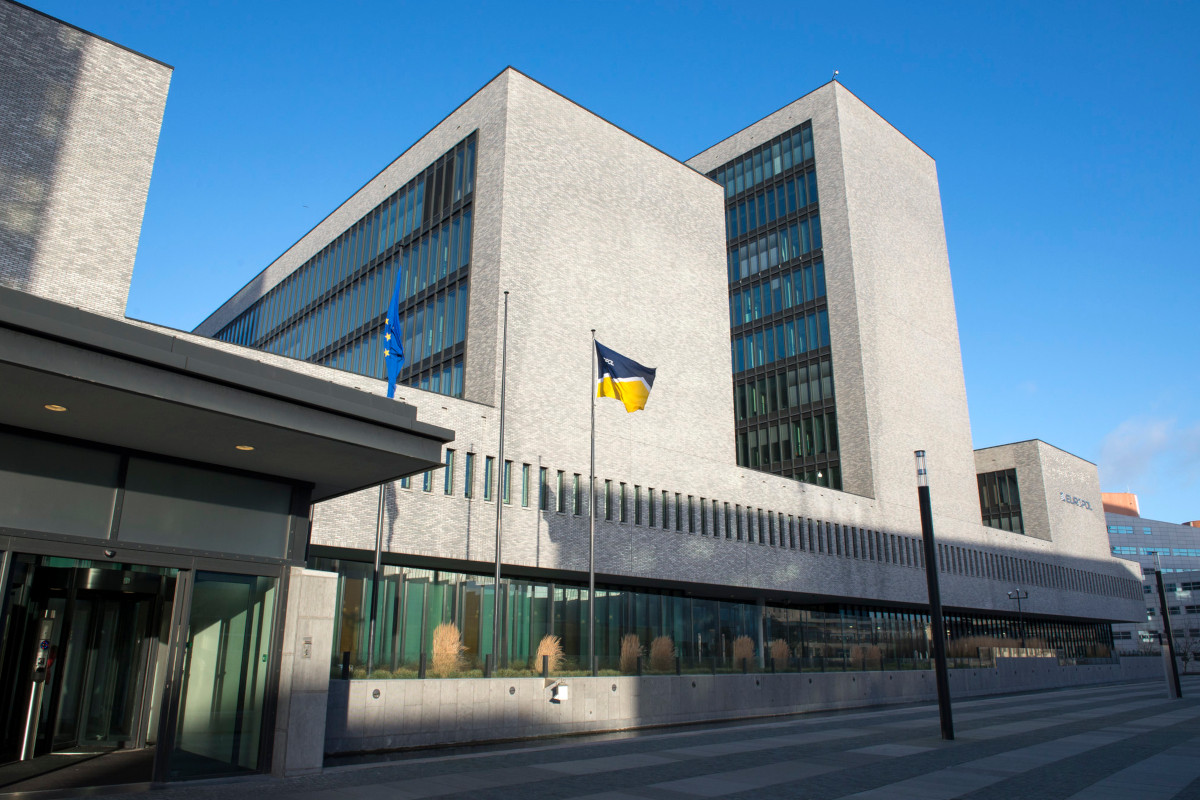
Development of EU border police watchlist is “progressing well”
The development of a new watchlist for “identifying connections” between people seeking authorization to travel to the EU and terrorist or criminal suspects is “progressing well”, according to a Europol report obtained by Statewatch.
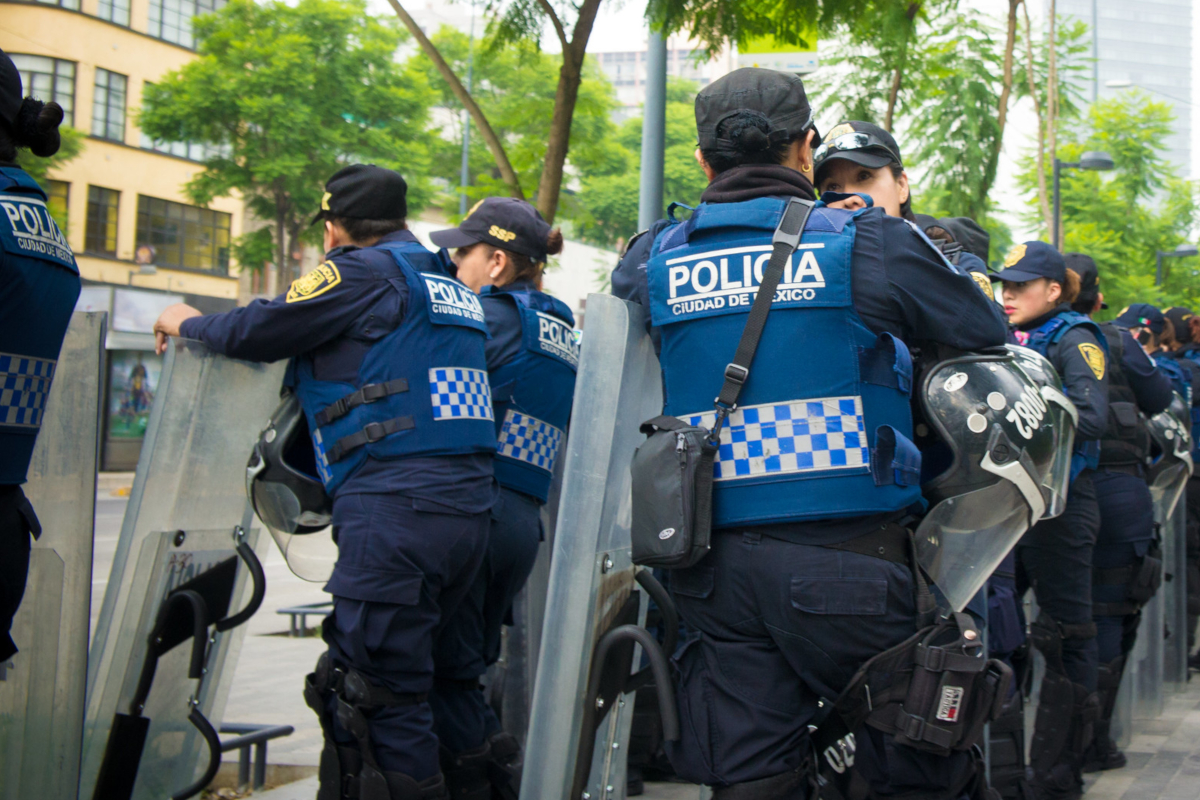
Europol data deals with violent police forces need “strong data protection safeguards”
Proposed data-sharing deals between Europol and five states in Central and South America needs explicit safeguards if they are to uphold fundamental rights, the European Data Protection Supervisor said at the beginning of May. Police forces in those states have brutal records of violence and torture.
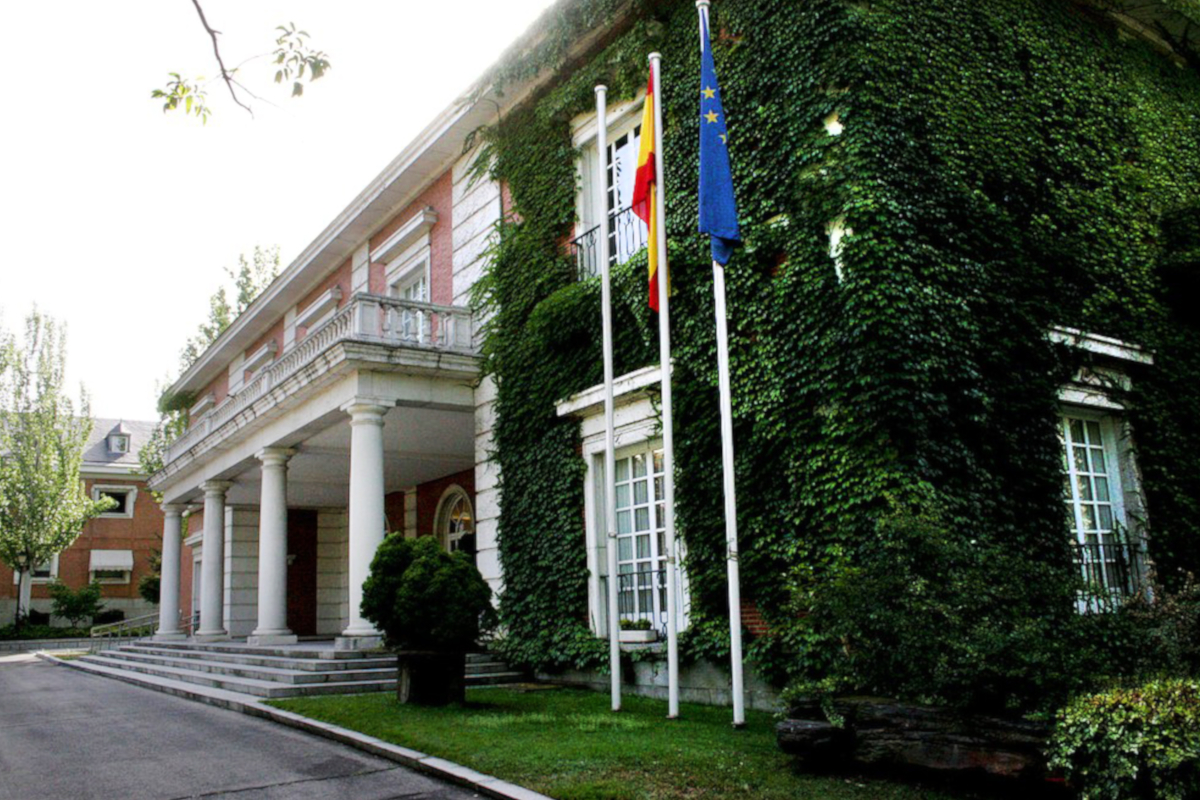
Open Letter to the Spanish Presidency of the Council of the European Union: Ensuring the protection of fundamental rights on the AI Act
With the European Parliament and Council of the EU heading for secret trilogue negotiations on the Artificial Intelligence Act, an open letter signed by 61 organisations - including Statewatch - calls on the Spanish Presidency of the Council to make amendments to the proposal that will ensure the protection of fundamental rights.

Detention of children: European Court of Human Rights rules against France 11 times
On 4 May 2023, the European Court of Human Rights delivered three rulings concerning the confinement of families with children in administrative detention centres (CRA). These rulings concern seven children, aged between seven months and thirteen years, who were locked up in 2020 and 2021 at the Mesnil-Amelot and Metz detention centres.
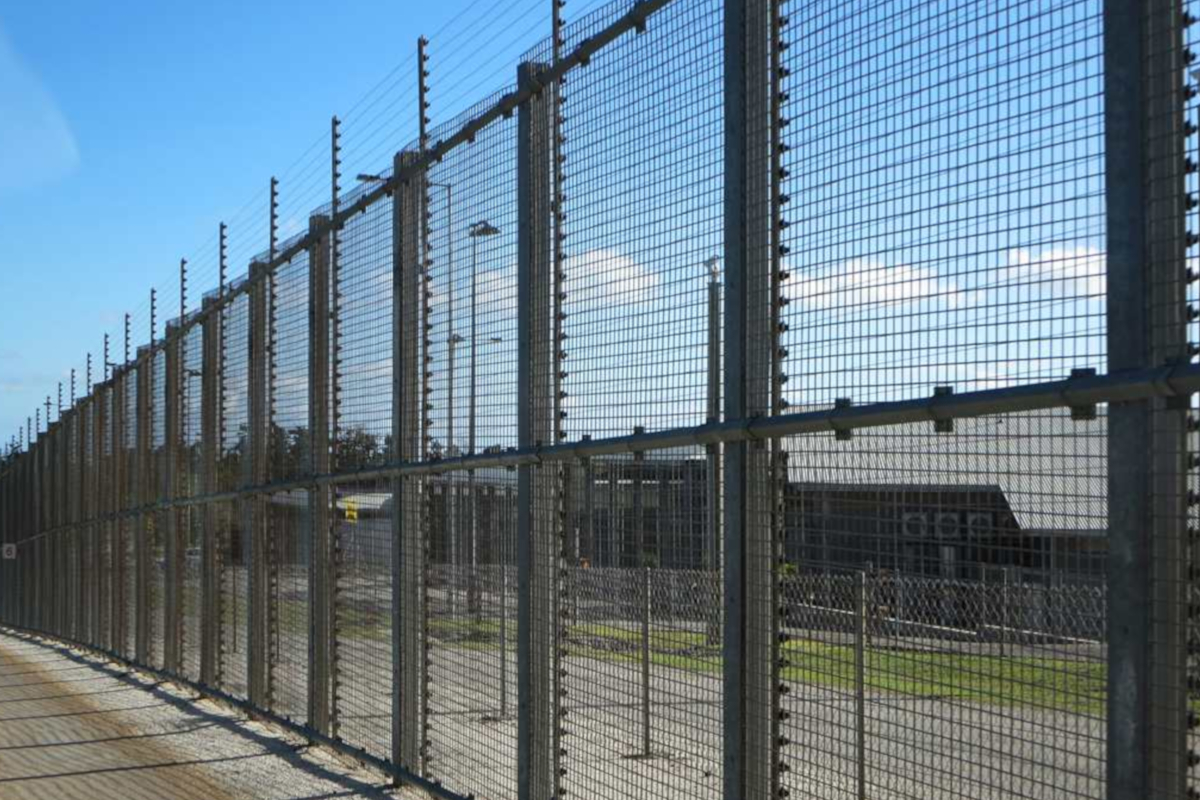
Tracking the Pact: Detention of children and families for the asylum "border procedure"
The Council of the EU wants to simplify the detention of families and children for the purposes of processing asylum applications at the borders.
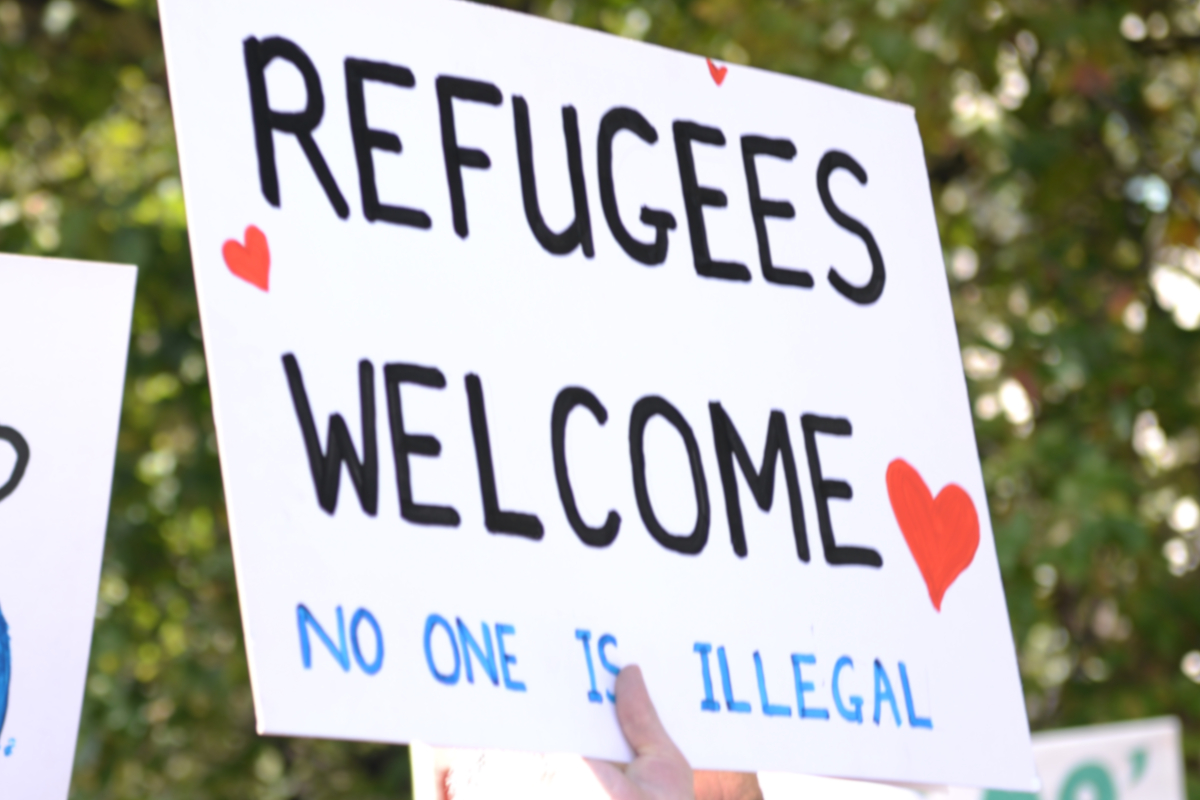
UK: Joint civil society solidarity statement on the Illegal Migration Bill
Alongside 174 other organisations, we condemn the Illegal Migration Bill and call on all parliamentarians to reject it. The Bill faces its second reading in the House of Lords today.
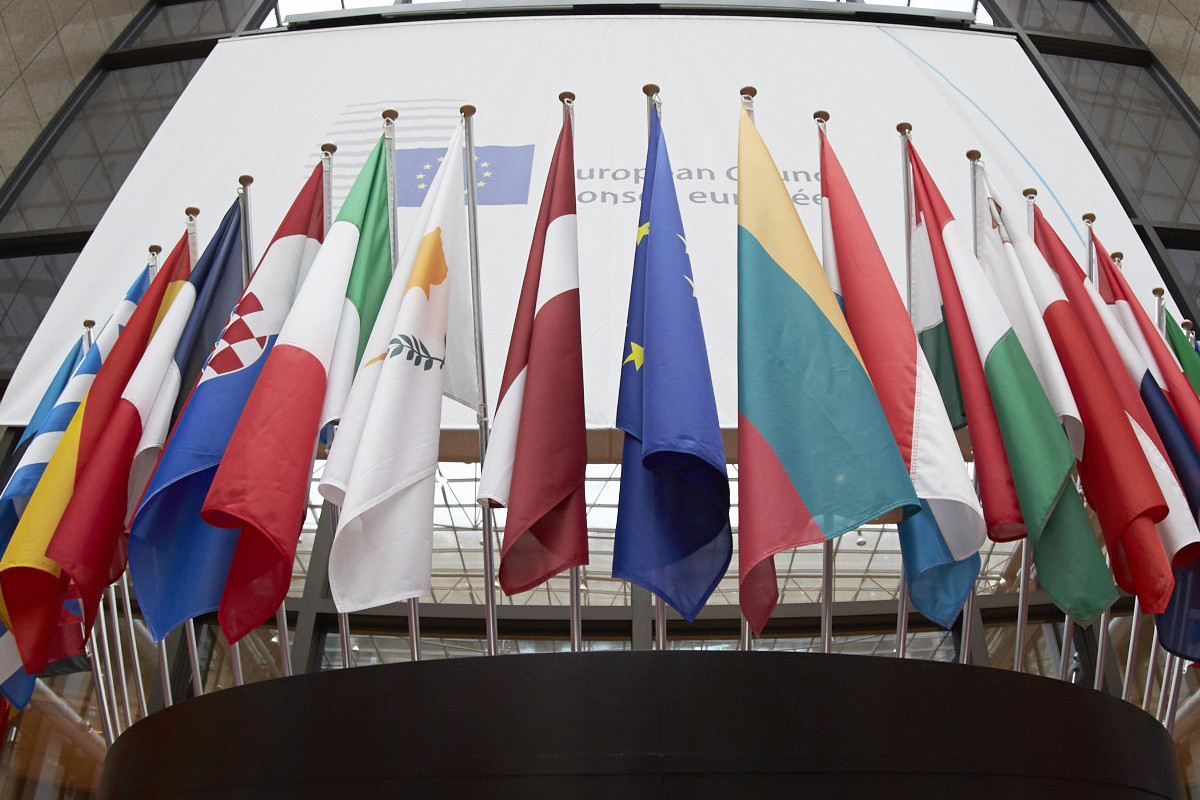
Tracking the Pact: Latest Council documents on Asylum and Migration Management Regulation and Eurodac
Discussions are ongoing on the Pact, with member states debating how to deal with the European Parliament's position on Eurodac and discussions ongoing within the Council on the Asylum and Migration Management Regulation. Documents published here provide an insight into the issues under discussion.

Council against compensation for recipients of SLAPPs
A forthcoming EU law will seek to prevent the use of "strategic lawsuits against public participation" (SLAPPs) to harass, intimidate and silence NGOs, journalists and critical voices. The European Commission describes SLAPPs as "a particularly harmful form of harassment and intimidation used against those involved in protecting the public interest." The latest Council compromise version of the Directive removes the right for those subjected to a SLAPP to receive compensation.
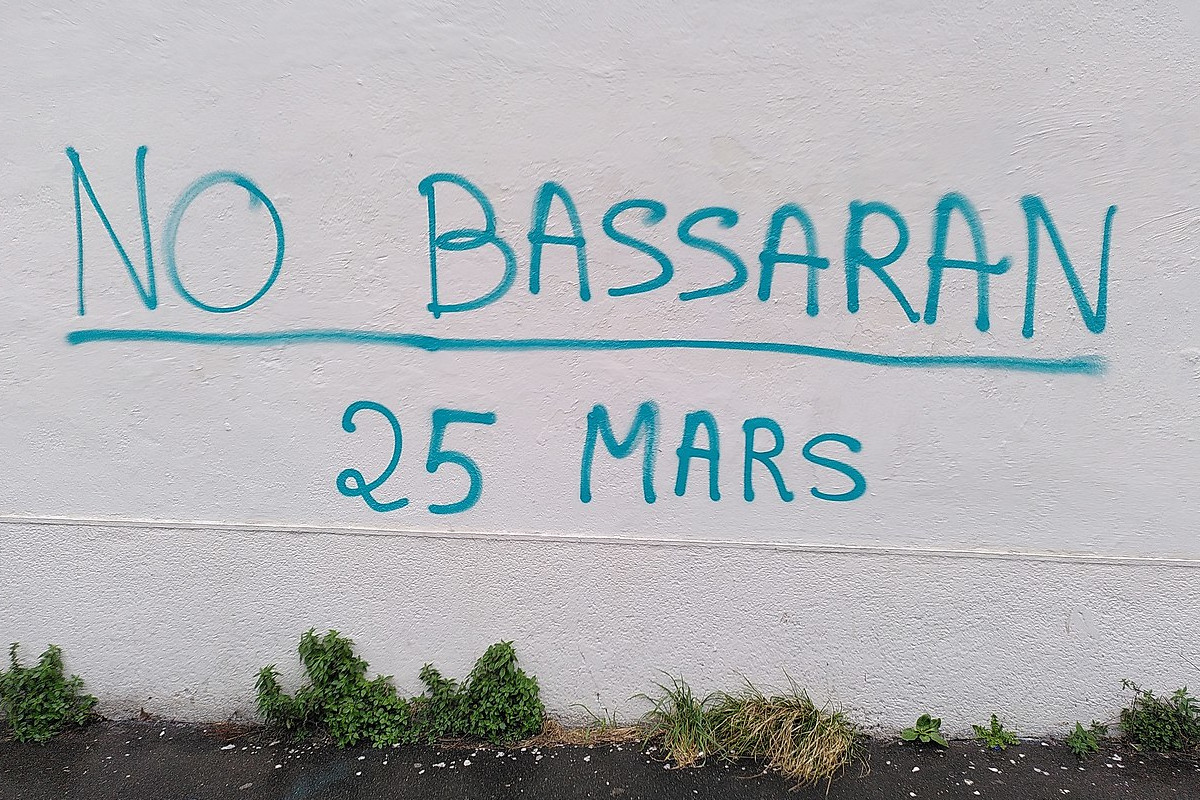
French government steps up repression after bloody battle of Sainte-Soline
In the aftermath of the heavy repression of activists protesting against the construction of industrial water storage basins in France on 25 March, two protesters are still in critical condition in hospital. Meanwhile, interior minister Gérald Darmanin announced heavy measures to be taken against the organisers of the mass demonstration in Sainte-Soline and even threatened to take steps against a renowned human rights organisation.
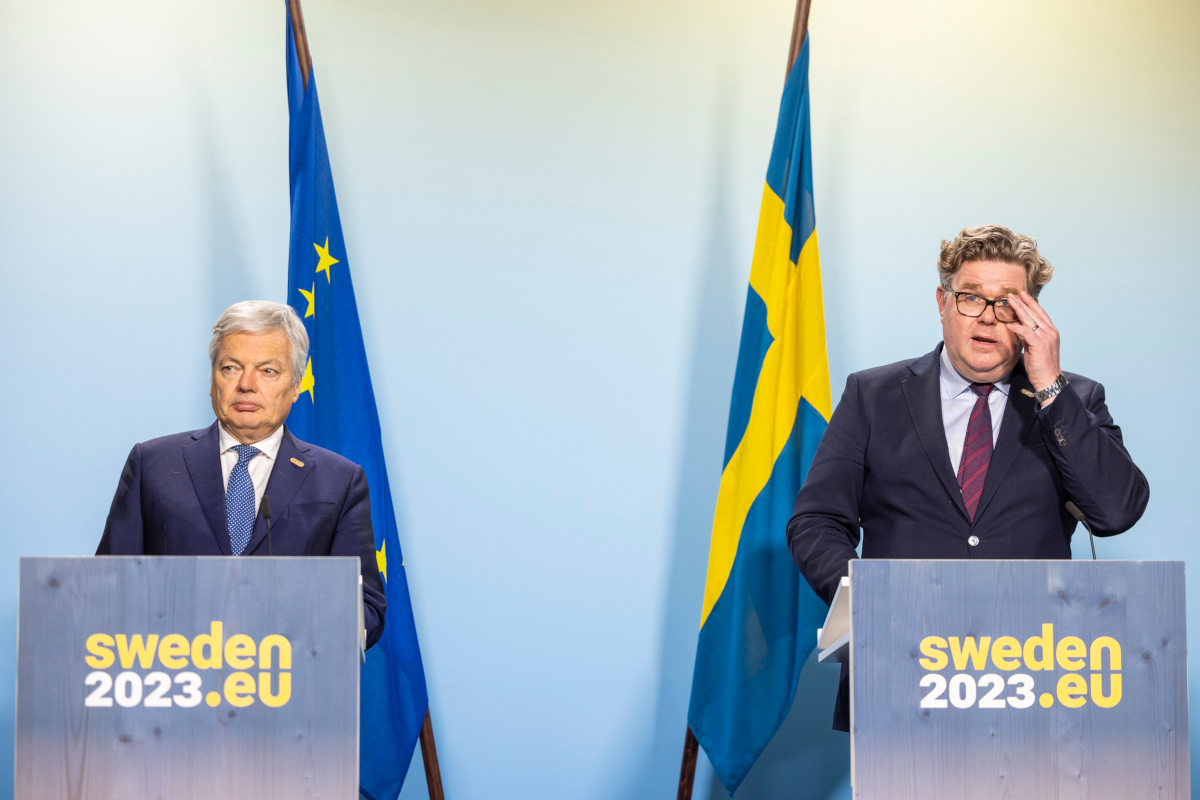
Sweden promotes “innovative approaches” for deploying deportation officials abroad
The Swedish authorities are aiming to increase collaboration on deportation through rapid police deployments in targeted countries for assignments "lasting from a few days up to three months."

Spyware "culture of impunity" must be countered
Joint submission to the United Nations Global Digital Compact on targeted surveillance.

USA border plan requires “continuous and systematic” transfers of biometric data
Last year, it was revealed that the USA planned to launch Enhanced Border Security Partnerships (EBSPs) with other states around the world, seemingly targeting the EU, UK and Israel first. These would involve “continuous and systematic” transfers of biometric data to the USA for the purposes of immigration and asylum vetting, says a recent Council of the EU document obtained by Statewatch.

Frontex to spend hundreds of millions of euros on surveillance and deportations
Frontex will spend hundreds of millions of euros on border surveillance and contracts for deportation flights this year, as well as €3 million on storing weapons and ammunition, according to a plan approved by the agency’s management board in mid-February.
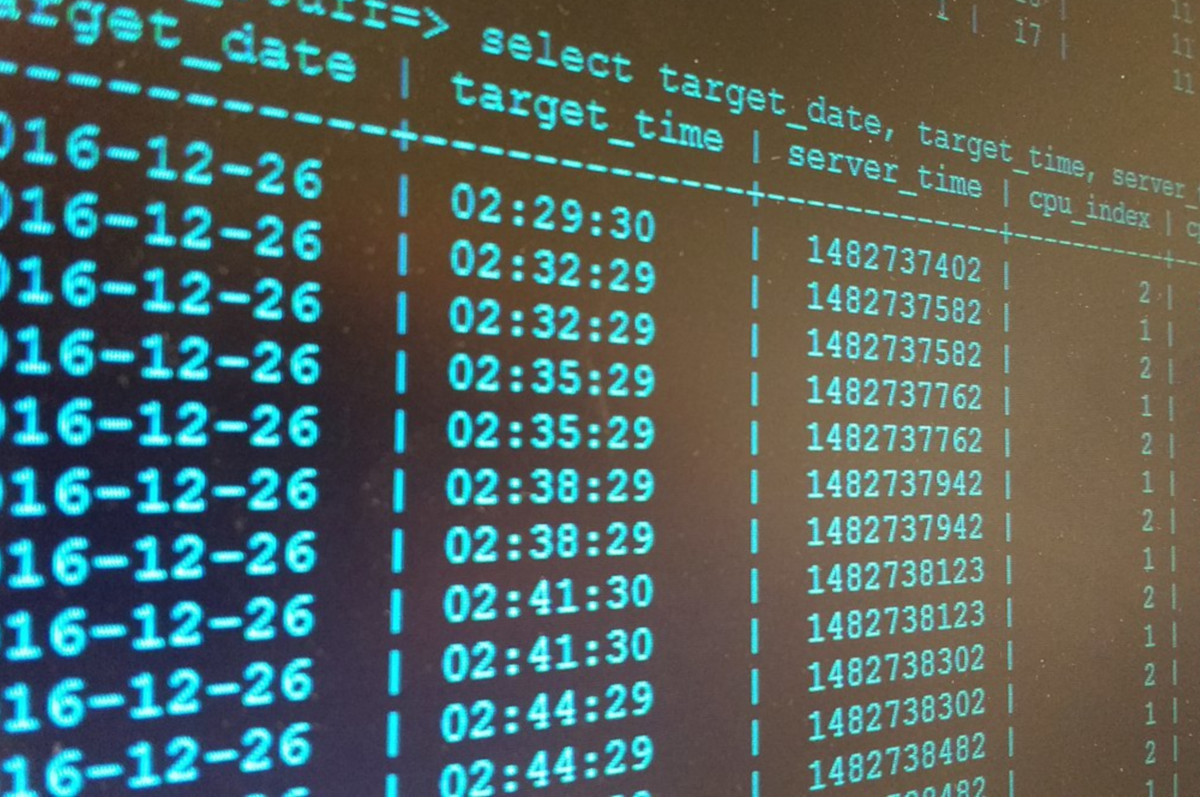
"Going dark": will the next assault on privacy take place behind closed doors?
The Swedish Presidency of the Council proposed to create a High-Level Expert group on data retention to strike a new "balance" between the right to privacy and the right to security, according to two documents published by Statewatch. Member state feedback has been enthusiastic. The aim is to change the rhetoric on surveillance to facilitate the adoption of new rules. The expert group format of discussion and the participation of civil society are still to be decided, with the Commission and the Council likely to co-chair.
Spotted an error? If you've spotted a problem with this page, just click once to let us know.